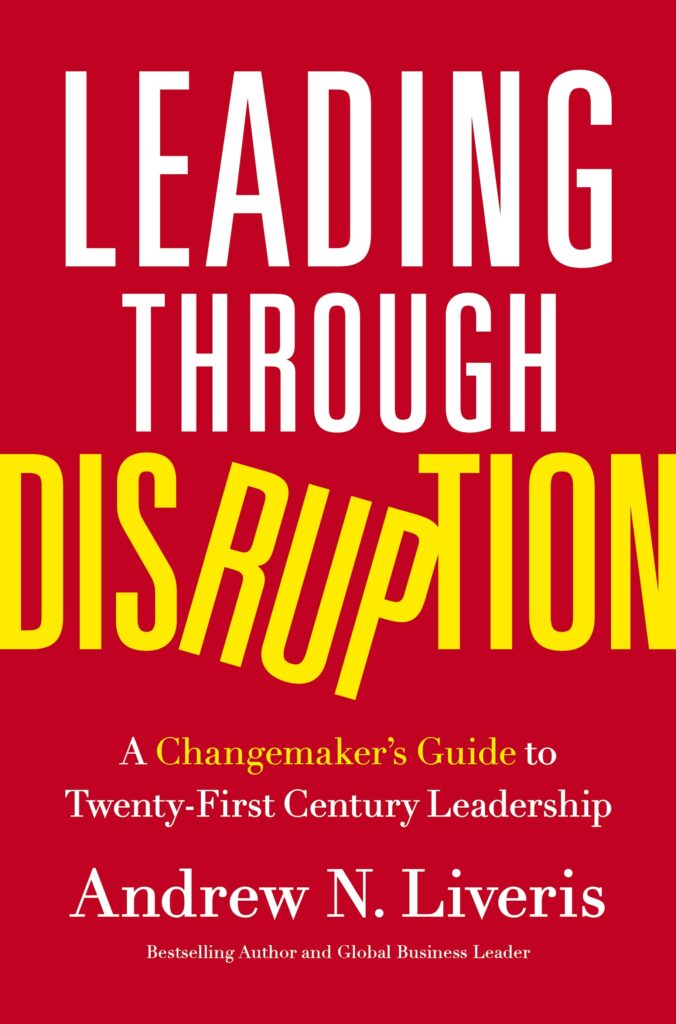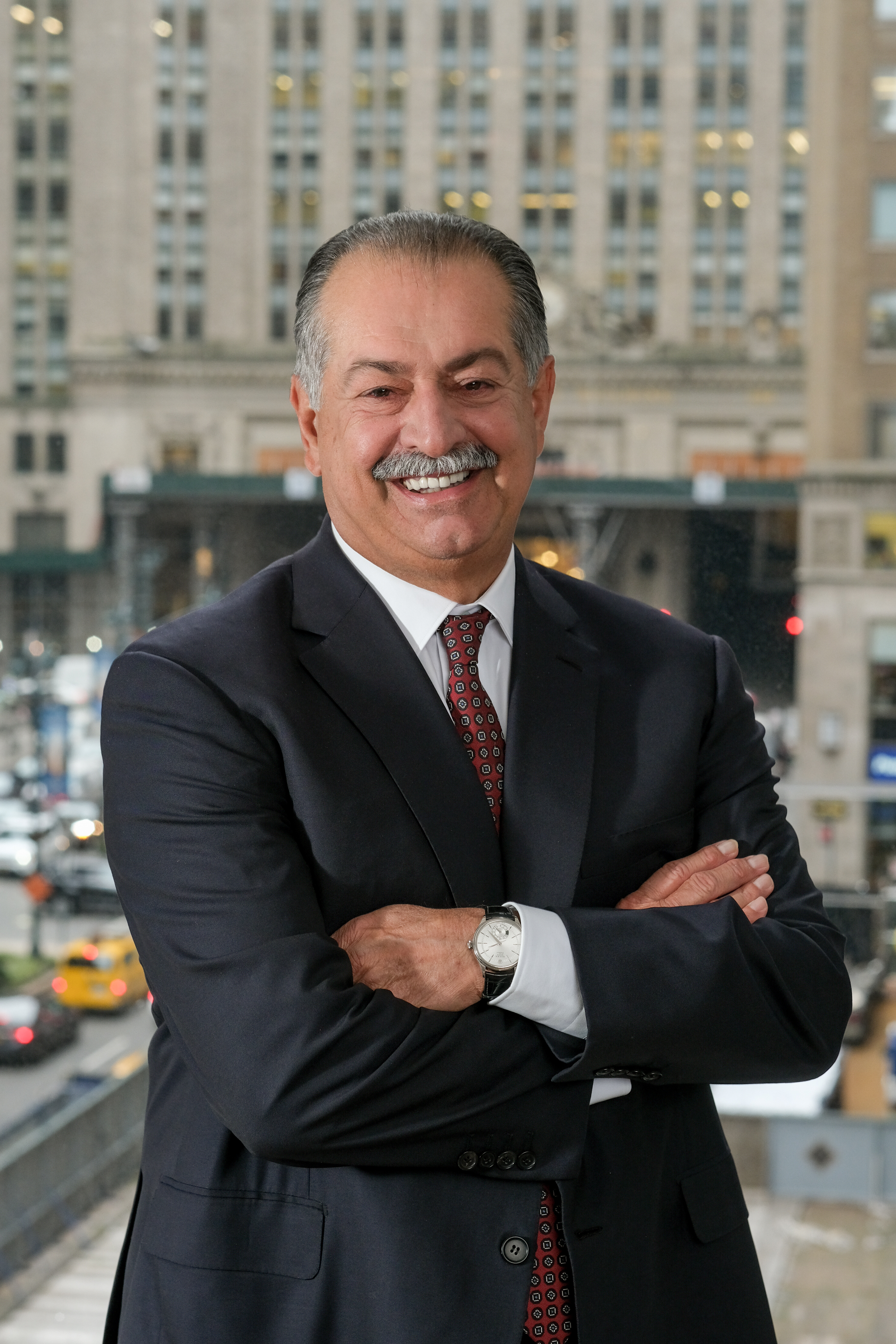The boardroom coup took place two years into my tenure as [Dow Chemical] CEO.
As sheer drama, it had everything: treachery, skullduggery, cloak-and-dagger maneuverings, flagrant corruption, and even a Middle Eastern wealth fund.
The coup attempt was and still is a cautionary tale with implications for other companies and their leaders.
The drama got under way when an article appeared in the Daily Express. It reported on a rumour making the rounds that one or more private equity groups was contemplating a leveraged buyout of Dow. This came as news
to me.
I immediately emailed one of the two executives in question, who assured me the rumour had no merit. I took him at his word – and then promptly forgot about the whole thing.
Then things started getting strange. A few months after the article in the Daily Express was published, a letter arrived at my desk. It was from Russian businessman Len] Blavatnik [who owned and operated Access Industries]. It proposed that Access acquire Dow’s commodities division. I think I tossed the letter out.
When the rumours about Dow being in play persisted, I called on Dow’s two long-standing investment banks, Citigroup and Merrill Lynch, to conduct leveraged buyout (LBO) analyses in the unlikely event we were targeted by a hostile bid.
I had no reason to suspect that thousands of miles away, in Oman, one of the two Dow executives was working with an Omani sovereign wealth fund to conduct his own breakup analysis of Dow.
Weeks later (as I eventually found out), the deal instigated by the two rogue executives began to unravel.
On the same day another article reported that a collective of Middle Eastern investors and US buyout firms was close to finalising a bid for Dow under the auspices of J.P. Morgan, I made two phone calls.
The first was to Henry Kravis at Kohlberg, Kravis, Roberts, the LBO firm, and the second was to Jamie Dimon, then and now the CEO of J.P. Morgan.
Henry Kravis confirmed that KKR had been approached by the Omani delegation, but when he learned the proposed bid was hostile, he took a pass.
I called Jamie Dimon, who agreed to fly to Midland that night. Over the course of our extremely amicable dinner, Jamie came across as a CEO who had only just discovered his company was party to a deal he knew nothing about, one that he would in no way support.
Like Kravis, Jamie believed the Omani-led delegation included one or more individuals with insider knowledge of Dow’s businesses. The next morning, the phone rang. Jamie Dimon was on the other end. He gave me two names.
Twenty-four hours later, with the board’s approval, the two Dow executives were dismissed.
When it was revealed that two of my colleagues had been scheming against Dow and me ever since I became CEO, I had one response: How the hell did I miss this?
Whenever I mentor young CEOs today, I counsel them to avoid making the same mistakes I did during my first two years at Dow.
First, I assumed that the team I inherited from the CEO before me would align automatically with my vision and strategy.
I waited too long to make management changes.
I trusted the team I was given, instead of handpicking my own people. If nothing else, the experience taught me that it’s all fine and good for a new CEO to inherit people from a previous administration – but that CEO now needs to make sure those people are on his or her team.
Most leaders need three or four lieutenants who are willing to tell them the truth. It seemed I was no different. Lesson learned, and a fairly basic one too.
But the biggest changes I made were internal.
I knew I had a strong intellect and personality, which was both an advantage and a potential drawback. Was I guilty of overpowering other people or using sheer force of will to push things through? Too often the answer was probably yes.
I resolved to check myself from then on. Working for Dow in Asia, I had become familiar with the Confucian axiom “two ears and one mouth.”
Put simply, this means, Don’t talk so much. Listen. (Put even more simply and personally, it meant, Stop talking, Andrew. Let others talk even if you think you know better.)



